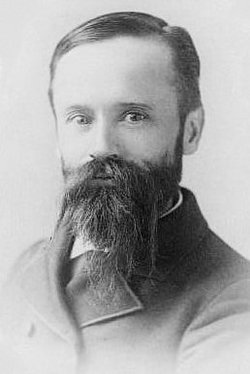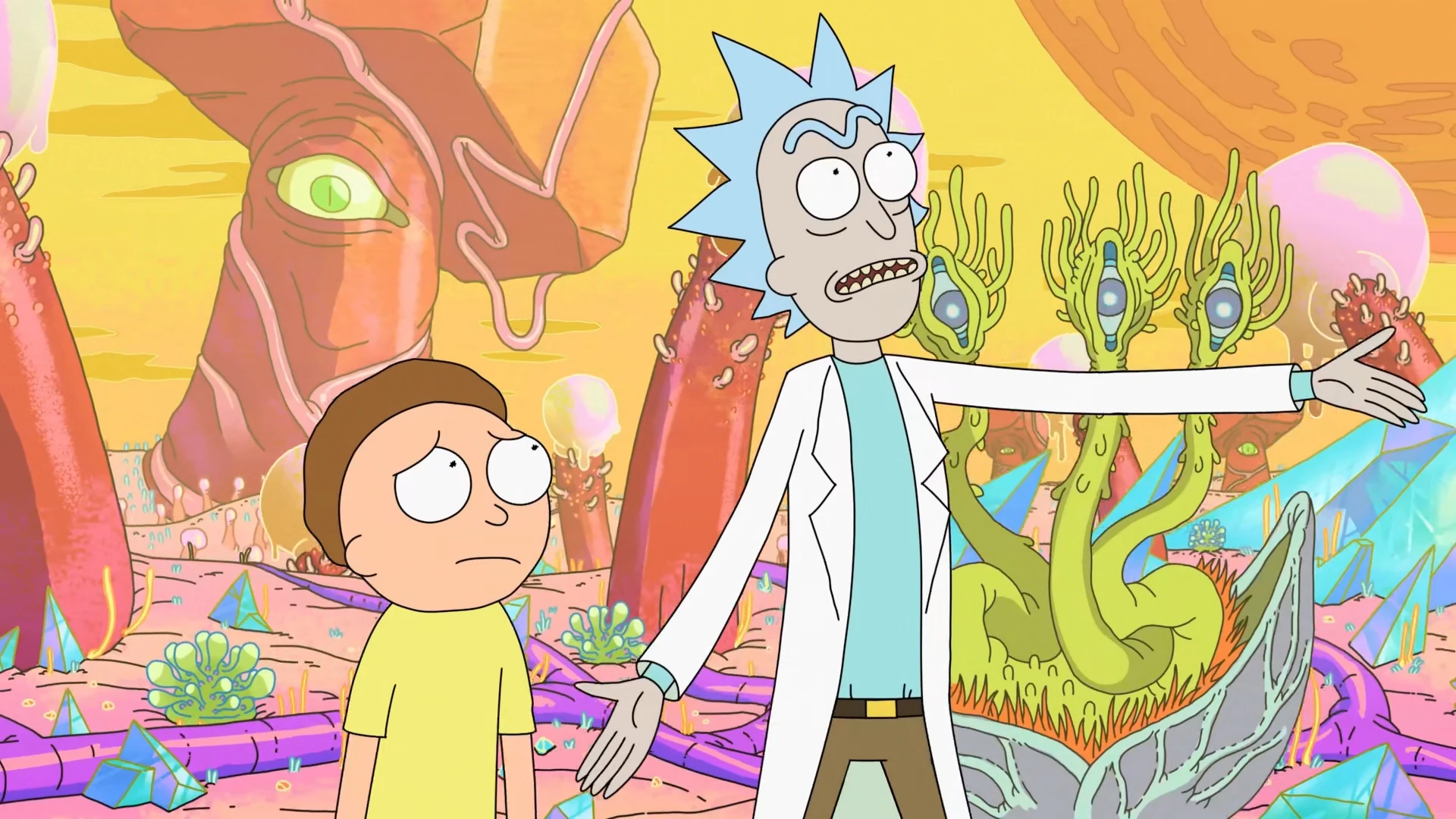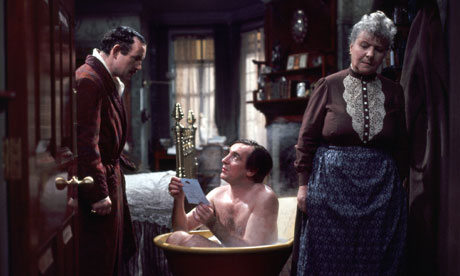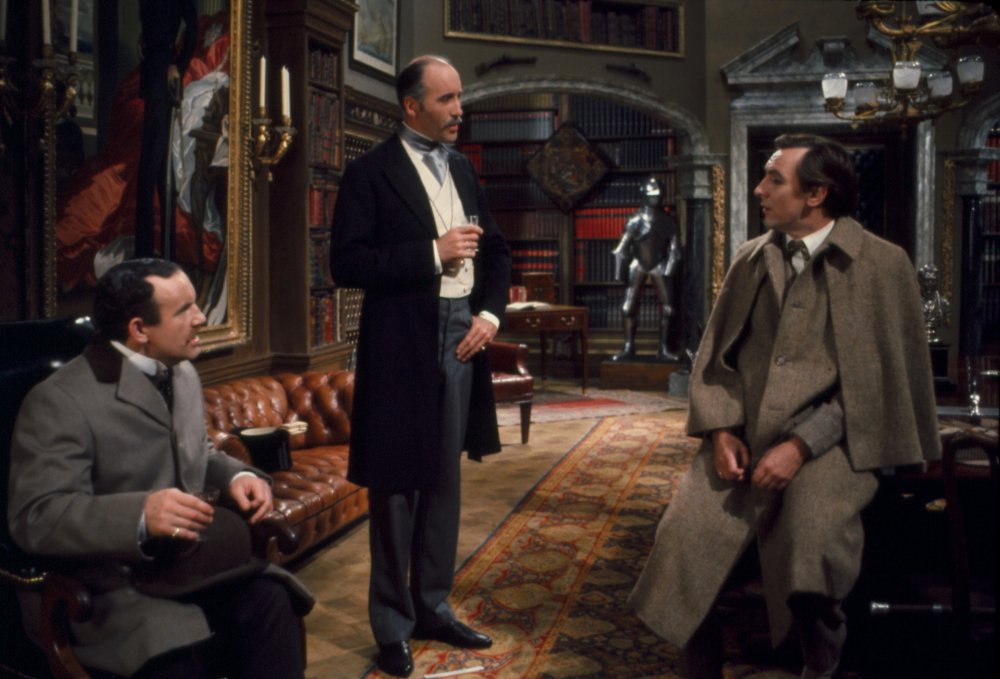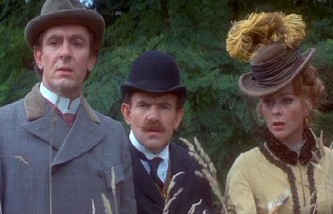To Be Blunt
I've watched the first two episodes of Blunt Talk, a new comedy on Starz. The channel doesn't have the cachet of HBO or Showtime, but it did produce one of my favorite shows, Party Down (which was a total flop), so who knows?
It stars Patrick Stewart as Walter Blunt, an outspoken British newscaster working at the fictional UBS network headquartered in Los Angeles. The first episode has him drunk driving and getting caught in his car with a transsexual prostitute. He fights the cops and it blows up into a national scandal, threatening to derail his career. He decides to interview himself on his own show about the incident, and collapses on air after taking too many drugs. The second episode has him missing a flight to Galveston to cover a hurricane, so he pretends to be there via green screen, utilizing a local porn studio.
You get the idea. Blunt is an outrageous but loveable character--not uncommon on TV these days--who gets involved in outrageous storylines. He's got a staff for his TV show--one of them played by Jacki Weaver--each with their own quirks, as well as a long-suffering boss Bob (Romany Malco) and his valet Harry (Adrian Scarborough) who takes care of all his personal (sometimes kinky) needs and who served with him in the Falklands. He also has complex fantasies while high which we get to see.
I was reminded of a few other recent cable comedies with a lot of allegedly outrageous activity but mostly mirthless results, including House Of Lies and HAPPYish. Above all, though, it reminded me of Bored To Death, an HBO comedy starring Jason Schwartzman, Ted Danson and Zack Galifianakis. The concept was quite different--a novelist living in Brooklyn who's a private investigator in his spare time. But, like Blunt Talk, it was a fine cast with a fairly open premise, and lots of dialogue that's supposed to sound clever, or even witty, but keeps falling short.
So I wasn't too surprised to discover the creator and writer of Blunt Talk is Jonathan Ames, who was behind Bored To Death. Maybe this show will improve as it goes along, but it'll have to get a lot better to keep me watching.
If anything holds the show together so far, it's Patrick Stewart's lively performance. He does well with the material he's given. He's not especially known for comedy, though thanks to people like Ricky Gervais and Seth MacFarlane, he's shown his comic chops in the past few years. In fact, MacFarlane has signed on as executive producer of the show. But, like House Of Lies and HAPPYish, it takes more than a charismatic lead to make a show work.

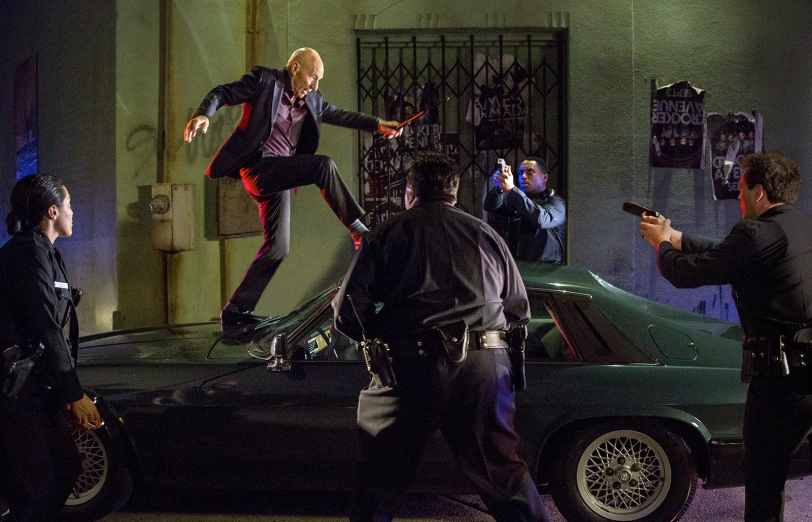



_03.jpg)



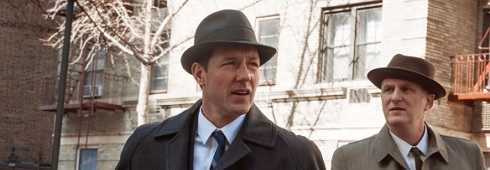





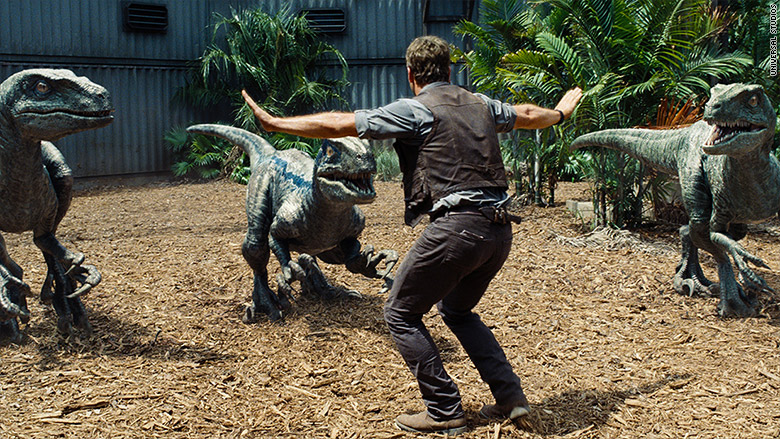



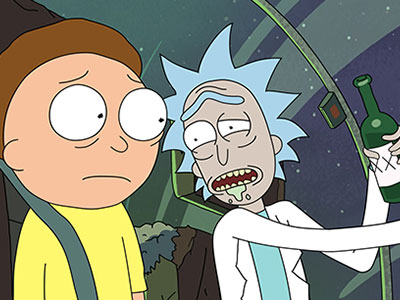





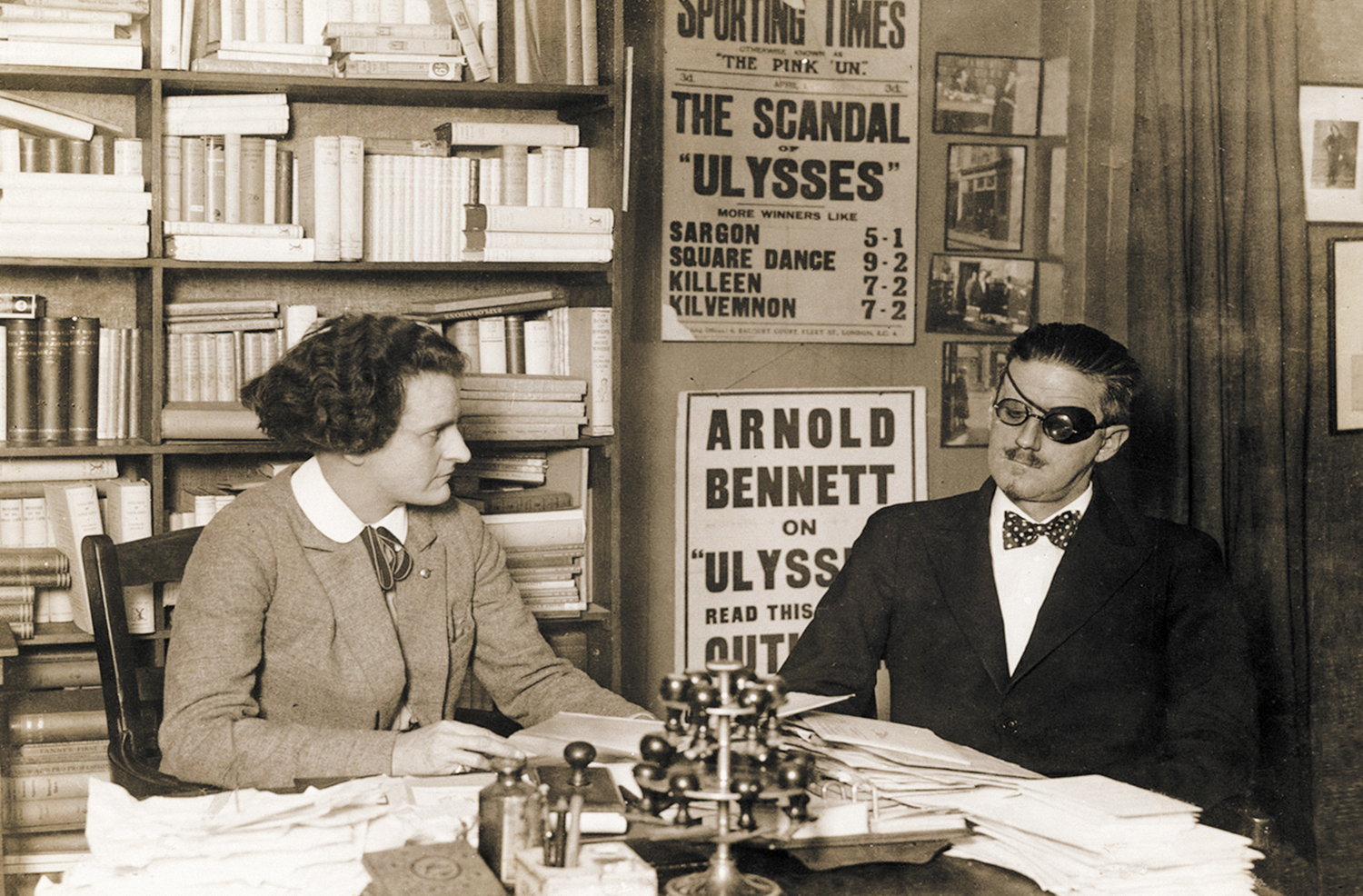


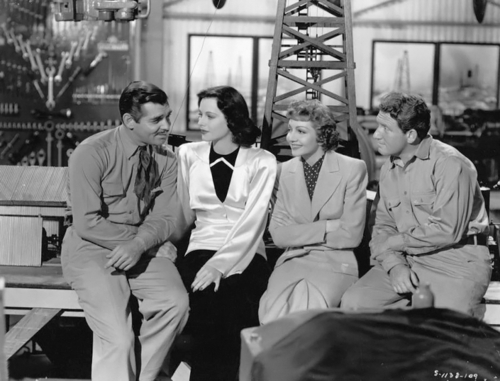
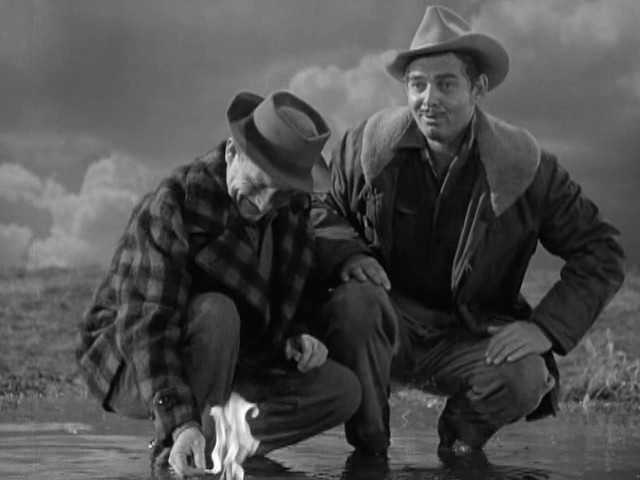
_03.jpg)

